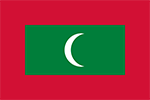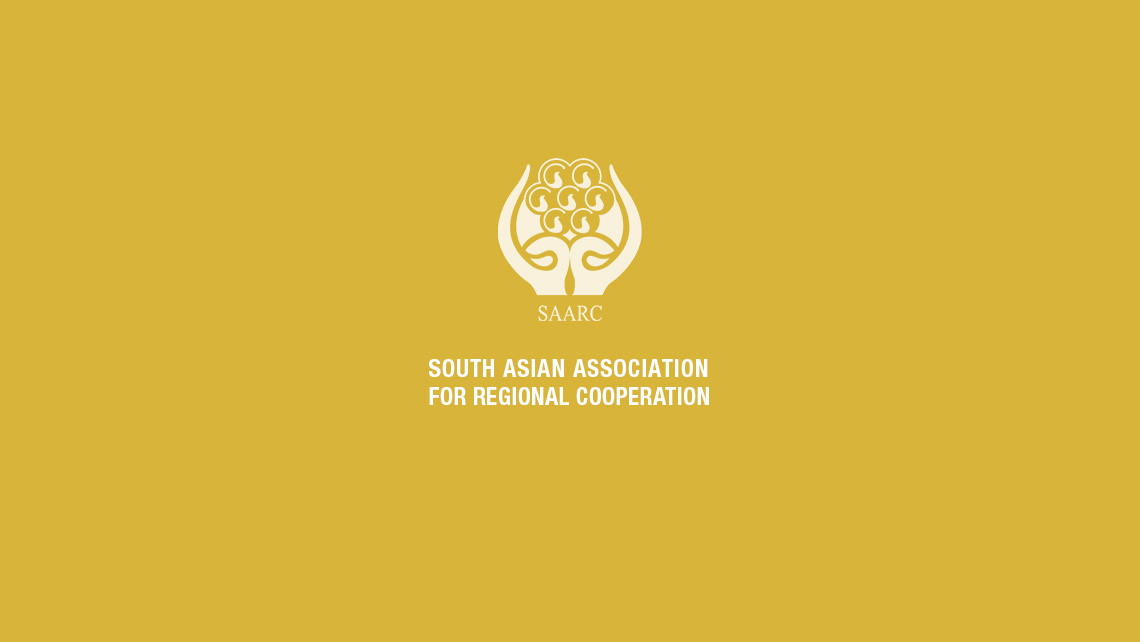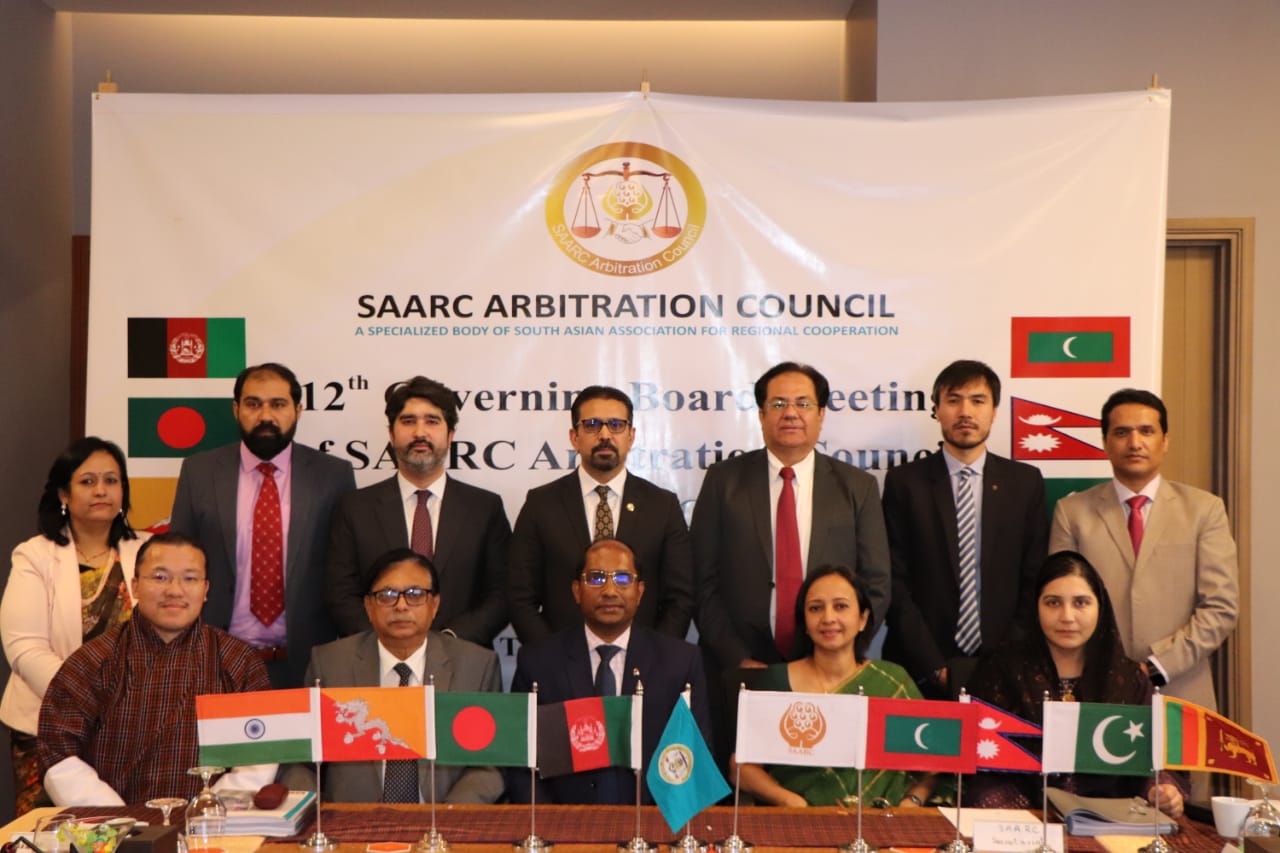The two-day Meeting of the 53rd Session of the SAARC Programming Committee concluded in Kathmandu today. The Meeting was chaired by Mr. Mani Prasad Bhattarai, Joint Secretary of the Ministry of Foreign Affairs, Government of Nepal. All SAARC Member States participated in the Meeting.
In his opening address yesterday, H.E Arjun Bahadur Thapa, Secretary General of SAARC highlighted the progress made by SAARC since the last meeting held in Pokhara in March 2016. As the Secretary General is completing his term of office as the 12th Secretary General of SAARC on 28 February 2017, he thanked all the Member States for extending their unflinching support and cooperation in discharge of his responsibilities during his tenure. He expressed satisfaction over having the opportunity to head the Association during the past three years and working for the peoples of the region as mandated by the SAARC Charter.
As one of the Charter bodies entrusted primarily with the responsibility to deal with the administrative and financial matters of the SAARC Secretariat and its Bodies, the Committee also considered the reports emanating from the various SAARC Bodies.
The Meeting delegations were led by Joint Secretaries/Directors General of SAARC/Regional Organizations divisions of the Ministries of Foreign/External Affairs of the SAARC Member States. Directors of the SAARC Regional Centres and Heads of the SAARC Specialized Bodies also attended the meeting.
2 February 2017











